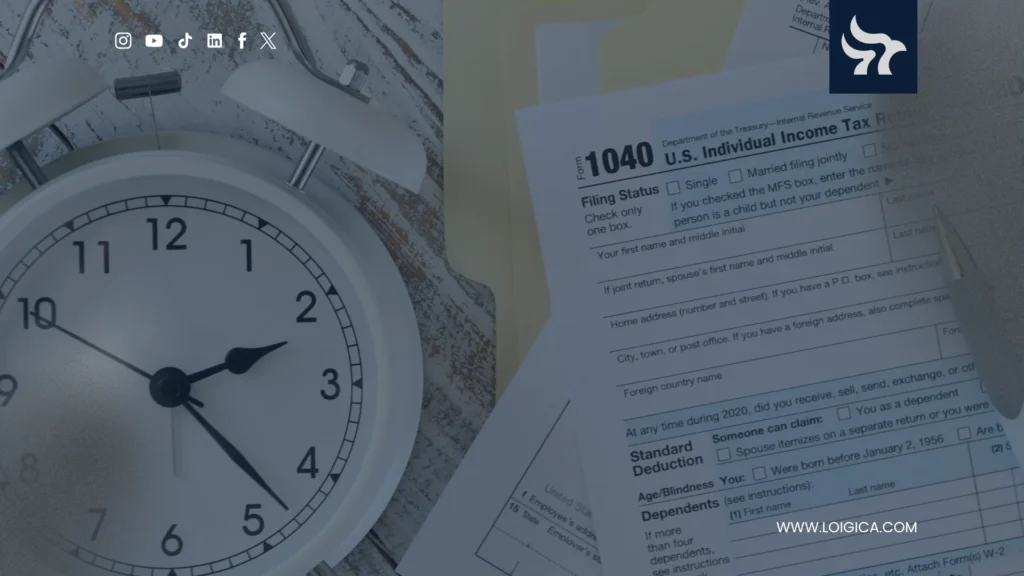Get the latest information
Suscribe to our newsletter and receive on your inbox every Monday everything you need to know on US Immigration
Immigration is always all over the news. It’s always been, but we know that, now, it has center stage for things that are louder than before. Border issues, executive orders, court decisions. There’s one of such topics that, though not front-page everywhere, it’s been circling again. Every time the system hits a boiling point, someone brings up the DREAM Act again, like, “Hey, remember this old promise?” It’s almost like a song stuck on repeat.
The DREAM Act has been around for more than 20 years. It was meant to give permanent status to folks who came to the U.S. as kids, grew up here, went to school, played Little League, maybe even served in the military. But Congress never passed it. So instead, they got DACA, which was a patch, not a fix. And now, with all this chaos, people are wondering—if we can’t agree on the big stuff, maybe we can at least agree on this.
At LOIGICA, we tend to wonder if we ever will or if we are just doomed to recycle the same debate every new administration comes about.
What’s The DREAM Act?
The DREAM Act was a bill first introduced in 2001. It said: if you came to the U.S. as a kid—without papers—but grew up here, finished high school, stayed out of trouble, and either went to college or joined the military, you could apply for legal status. First, temporary. Then, if you kept a clean record and met all the steps, permanent residency. Eventually, even citizenship.
It wasn’t automatic. It didn’t hand anyone a free pass. It just gave kids who basically grew up American a path to stay legally, instead of being stuck in limbo or sent to a country they barely remembered. Pretty straightforward. And yet, more than two decades later, we’re still talking about it like it’s a brand-new idea.
What’s Its History?
The DREAM Act has always had support from both sides of the aisle. Most Americans actually like the idea. I mean, we’re talking about people who came here as kids, didn’t make the decision themselves, and have done everything right since. It’s hard to paint them as criminals or threats. That’s why polls usually show broad support.
But here’s where it gets stuck—politics. Every time the bill comes up, it gets folded into bigger immigration debates. One party says, “Sure, we’ll vote for it—but only if you add stricter border laws.” The other side says, “Fine—but only if you protect more undocumented immigrants too.” And so it turns into this tug-of-war. The DREAMers get caught in the middle.
There have been over ten versions of the DREAM Act introduced in Congress. It even passed the House a few times. But the Senate? Different story. The filibuster rule means you need 60 votes, and they’ve never had enough. So every time, it gets close—and then dies. And during election years, things get even messier. No one wants to touch it unless they can score points with their base.
The crazy part is, some of those kids they talked about in 2001? They’re in their 30s now. With jobs, families, degrees. Still no green card. Still stuck. That’s the cost of Congress kicking the can for two decades.
What's At Stake?
A lot. First, for the people themselves—DREAMers. Most of them are in their late 20s or 30s now. Many have jobs, pay taxes, some are doctors, teachers, even business owners. But they’re still living on temporary protection, like DACA. And DACA’s been under attack for years. Courts have said new applications can’t go through. And if it ever fully gets struck down, hundreds of thousands could lose their right to work—or even be deported. Imagine growing up here, knowing no other country, and then getting told you don’t belong.
But it’s not just about them. It’s also about what kind of country we want to be. The U.S. invested in these people—public schools, college spots, job training. And now, we’re just… leaving their future up in the air? That’s a loss, both moral and economic. And politically? Every time this issue gets dragged out, it reminds everyone how broken the system is. People lose faith in the idea that we can come to the table and fix hard things. It’s not just immigration that takes the hit—it’s trust in government.
People’s lives, the economy, and maybe even the idea that Congress can still get something done—that’s what’s at stake.
Should We Still Talk About It?
We should still talk about it. Because silence is what keeps things stuck. That’s how these stories disappear. And then people wonder why nothing ever changes.
If we stop talking about the DREAM Act, we stop talking about the people behind it. The kids who became adults while waiting for a promise that never came. If we don’t say their names, no one in power will feel pressure to do a damn thing. And the next generation will grow up thinking this is just how it works—broken system, broken dreams, move on.
But if we do talk about it—if we keep bringing it up, over drinks, over dinner, online, at work—it stays alive. Not just the bill. The hope behind it. The idea that a kid who grew up here deserves a shot to stay. That good policy can still be passed. That we’re better than just kicking the can another 20 years.
We talk about it. We keep it in the air. Because maybe the next time it comes around, we won’t just remember it. We’ll finish it.

Harry Tapias
CEO and co-founder at LOIGICA. Provides strategic immigration guidance for businesses and individuals, drawing on finance, marketing, and legal expertise from DePaul University and Nova Southeastern University. Specializes in H-1B, L-1, and PERM Labor Certification. Recognized for an empathetic and innovative approach, he has earned appointments to the boards of Vizcaya Museum and Gardens and the Miami-Dade County History Preservation Board.
This blog was written with asistance of generative AI. It is provided for informational purposes only. It does not constitute legal advice. The information presented here is based on general principles of U. S. immigration laws, as well as general information available for public search on public matters, as of the date of publication. Immigration laws and regulations are subject to change and individual circumstances may vary. If you need expert counceling on immigration matters, contact one of our attorneys.

Tax Season 2026: Key Dates, IRS Filing Updates, and What Business Owners Must Know

How to Avoid Piercing the Corporate Veil: Proper Assets Separation



